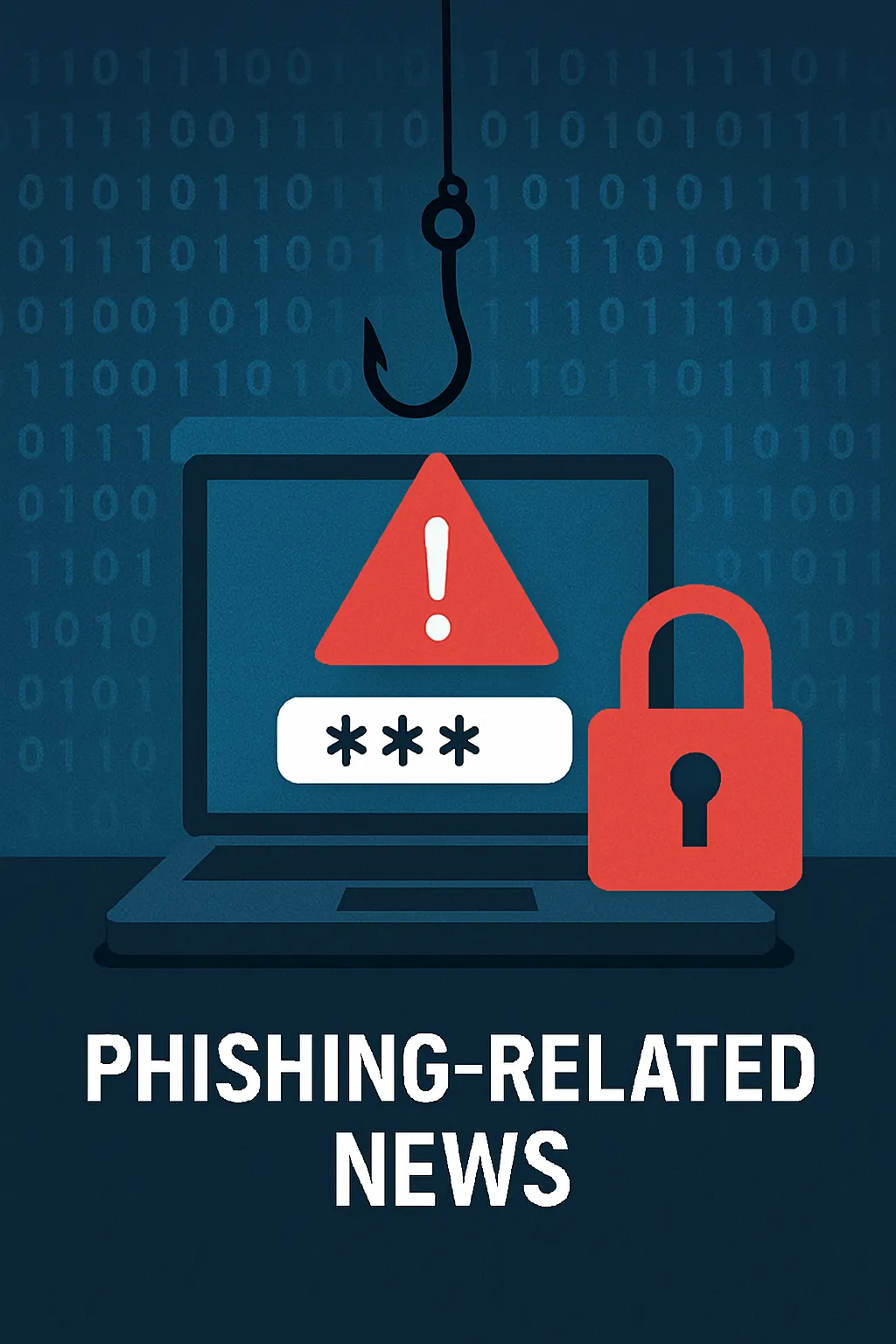Exploring the Depths: Insights from "The Big Book of the Deep & Dark Web"
The internet's underbelly, both fascinating and foreboding, is rarely explored with as much detail and depth as in "The Big Book of the Deep & Dark Web." This resource, detailed further on The Hacker News, delves into the intricate anatomy of the deep and dark web, the commodities commonly traded in these hidden corners, and the dynamic market that thrives beneath the surface of our everyday internet.
Understanding the Deep and Dark Web
The deep web and the dark web, though often used interchangeably, are markedly different. The deep web refers to all web content that is not indexed by traditional search engines. This can range from private databases to password-protected academic journals. Contrastingly, the dark web is a small portion of the deep web, intentionally hidden and accessible only through specific browsers like Tor. It's infamous for being a hotbed of criminal activities.
Cybercrime Evolves
"The Big Book of the Deep & Dark Web" highlights key trends in cybercrime emerging from these obscured parts of the internet. Phishing attacks, data breaches, and ransomware continue to evolve, becoming more sophisticated and more targeted. Understanding these trends is crucial for cybersecurity professionals and organizations alike to develop effective defense strategies.
Market Dynamics and Commodities
The commodities traded on the dark web range from stolen data and illicit drugs to counterfeit currency and malware-as-a-service. These markets are not only illicit but highly organized, with their own rules and economy. The dynamics of these markets can offer cybersecurity experts insights into preventing, monitoring, and responding to cyber threats.
Conclusion: Staying Ahead of Cyber Threats
The insight provided by "The Big Book of the Deep & Dark Web" is indispensable for those involved in cybersecurity. By understanding the operational frameworks and commodities of the dark web, professionals can better anticipate and mitigate emerging cyber threats. Always remember, knowledge is the first line of defense in the digital age.
